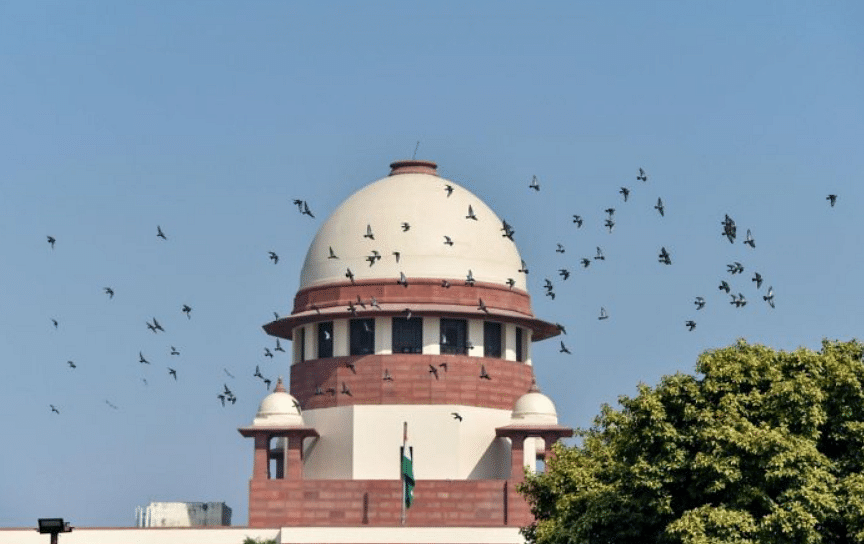
The Supreme Court has referred to a larger bench to decide authoritatively a question whether a family court can entertain a divorced Muslim woman's plea for maintenance.
A two-judge bench of Justices R Banumathi and Indira Banerjee differed on the subject and directed for placing the matter, arising out of a plea made by a woman from Rajasthan, for consideration before a larger bench.
Justice Banumathi held that since the Muslim Women’s Protection Act, 1986 does not refer to the family court or does not say that an application under Sections 3 and 4 (for Mehr or other properties can be given at the time of divorce) can be filed before the family court, in my view, the family court cannot entertain the application of divorced Muslim woman for it.
The application for maintenance by the divorced wife has to be filed before the competent magistrate having jurisdiction if she makes a claim for it, beyond the 'iddat' (40 days) period, she added.
"Even if the family court has been established in that area, it shall have no jurisdiction to entertain such an application," Justice Banumathi said.
Justice Banerjee, for her part, said the family court had the jurisdiction to convert a plea filed under Section 125 of the Criminal Procedure Code into an application under Section 3 of the 1986 Act for Muslim Women and to decide it.
"Though divorced Muslim women are excluded from the purview of Section 125 of the CrPC by reason of the 1986 Act, Parliament has in its wisdom considered it necessary to make provisions for expeditious orders in applications for maintenance filed by divorced Muslim women," she said.
That is why Muslim women have been given the liberty of approaching the Magistrate, who is required to make an order within one month, she added.
"In my view, it was never the intention of the 1986 Act to deprive divorced Muslim women of the litigant friendly procedures of the family courts Act and denude it of jurisdiction to decide applications for maintenance," Justice Banerjee wrote in her own separate judgement.
